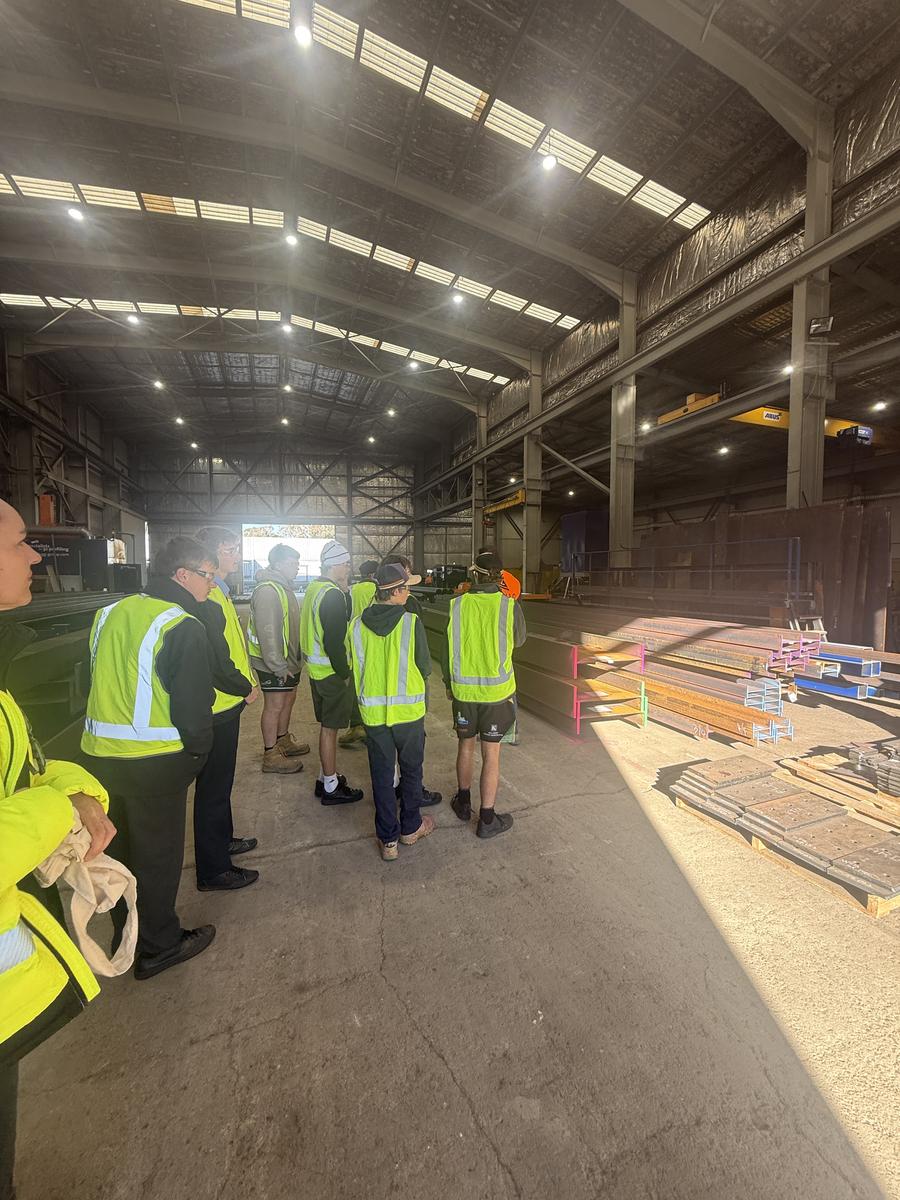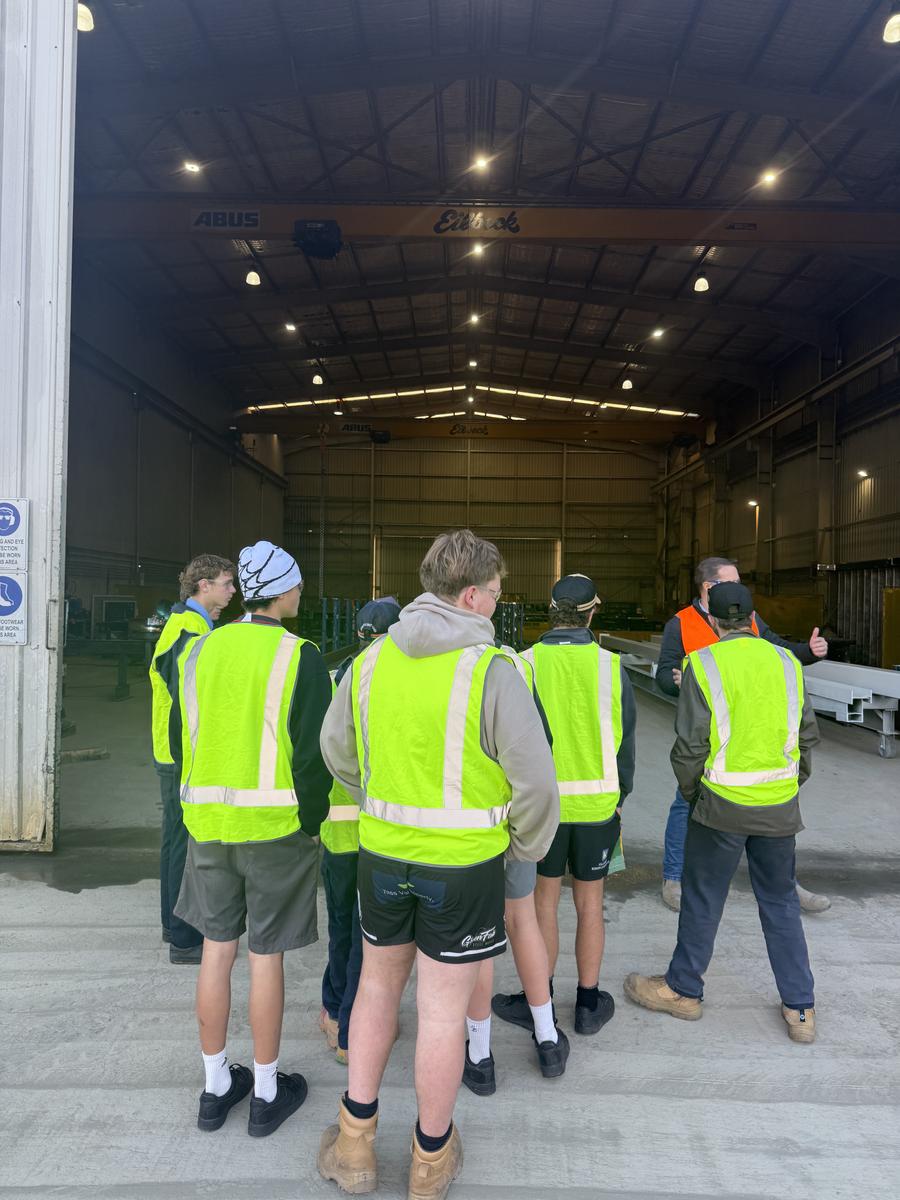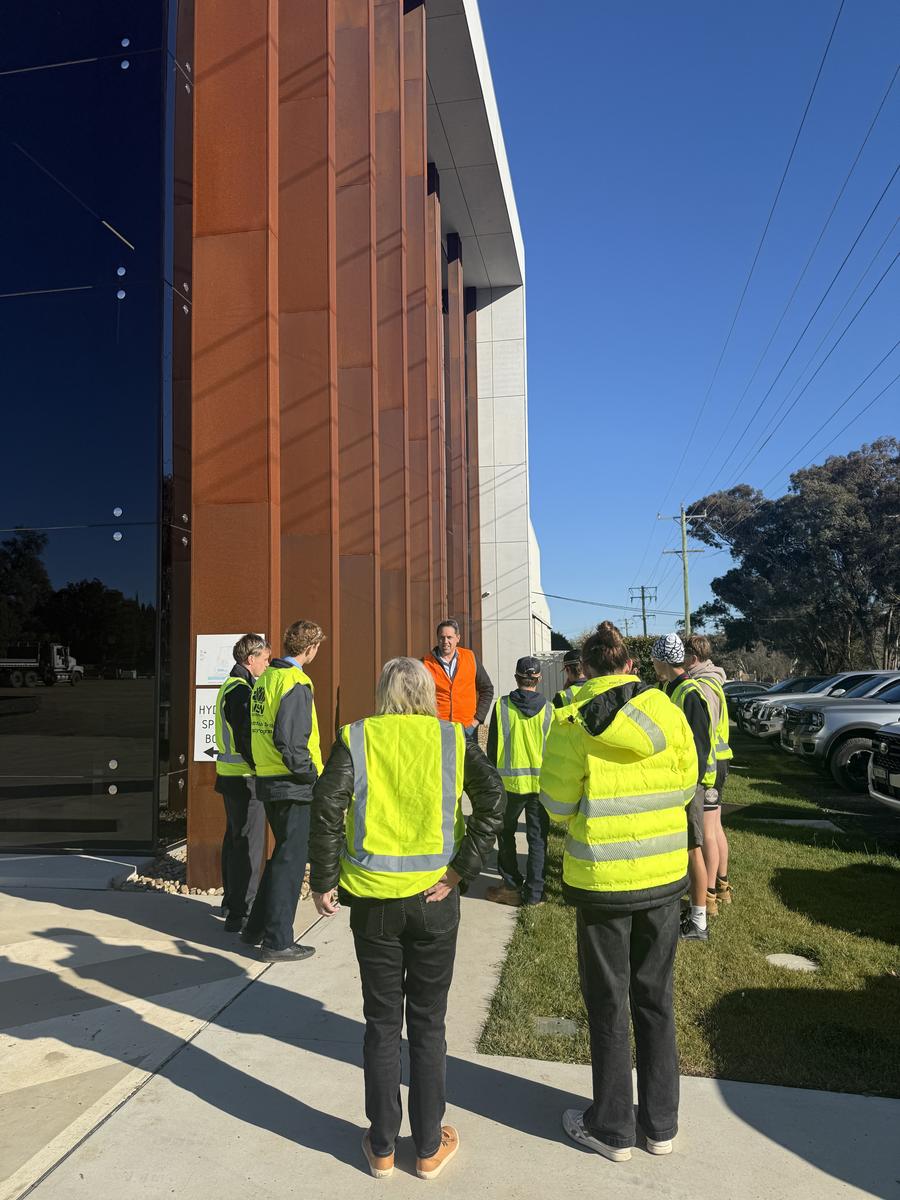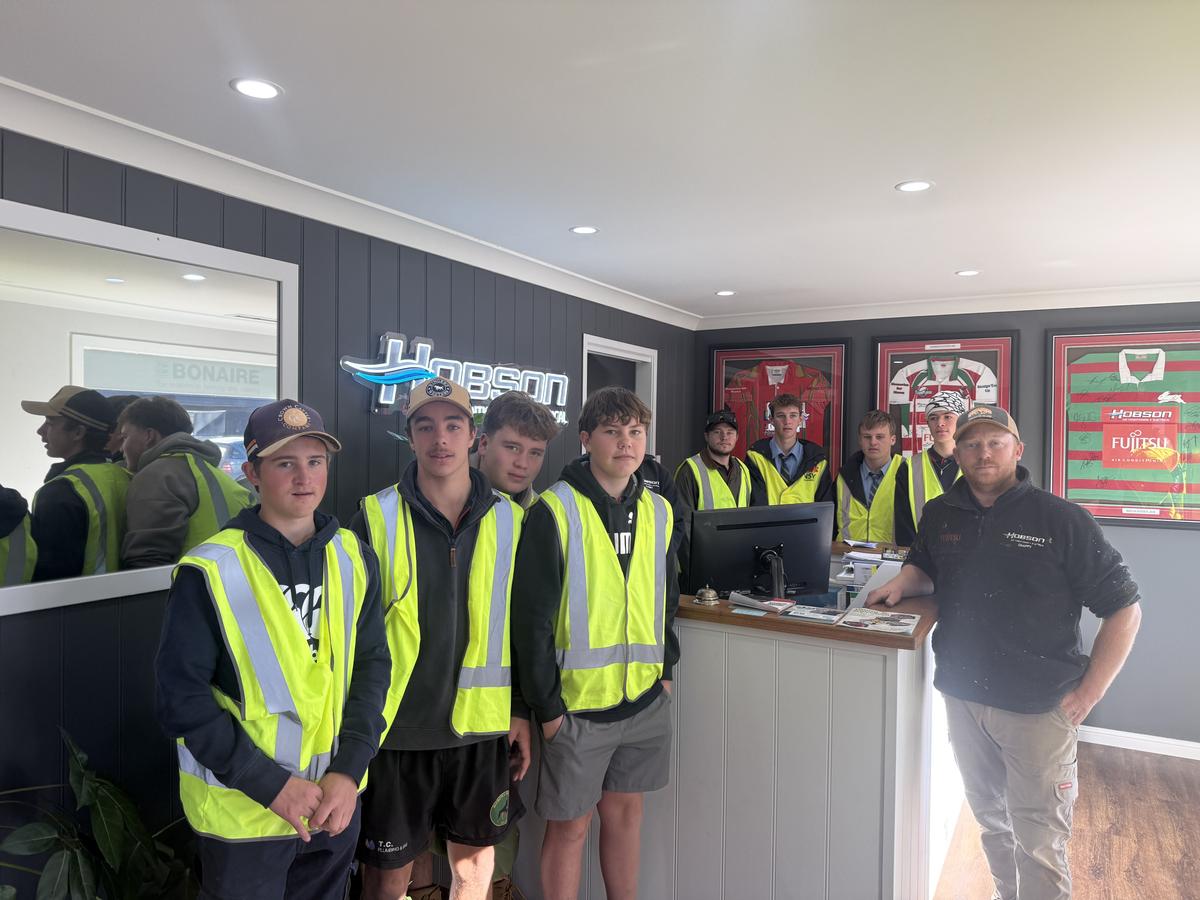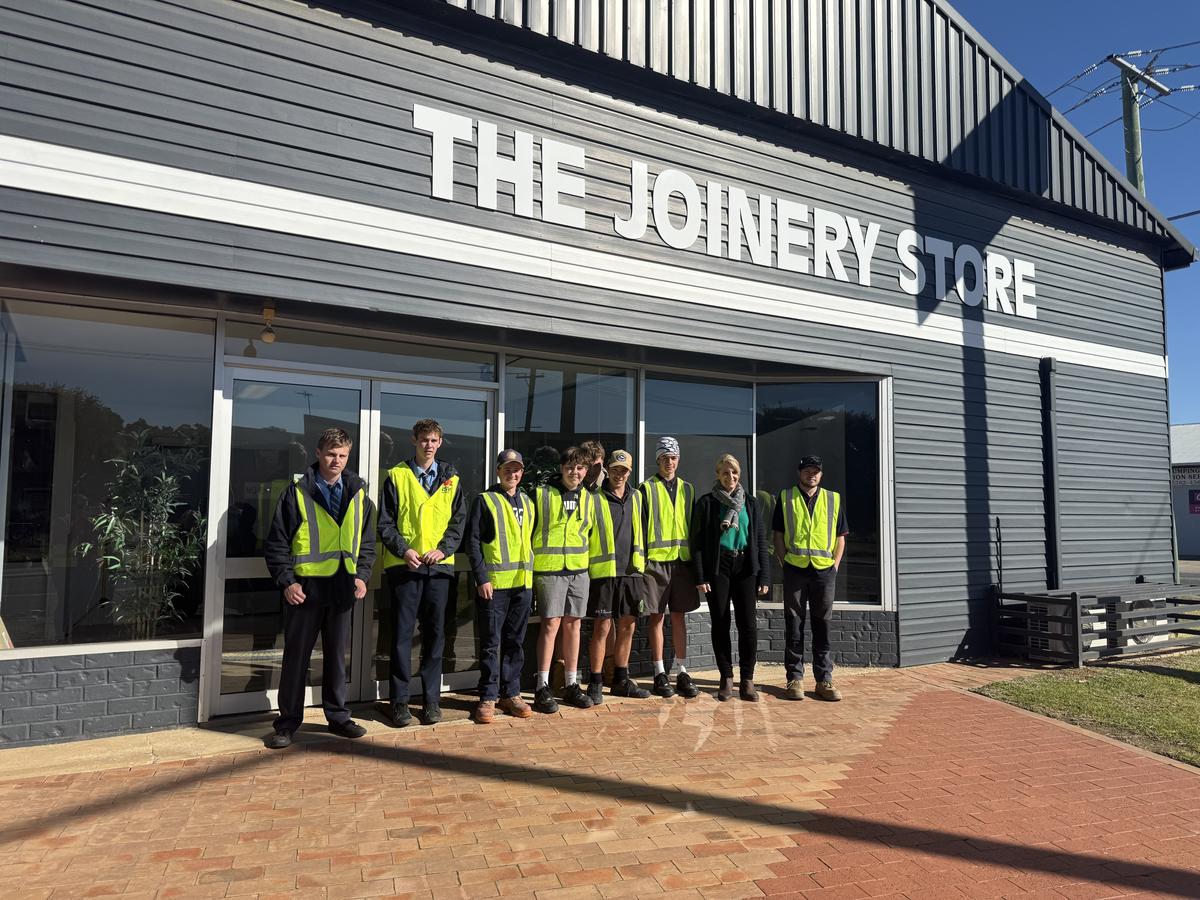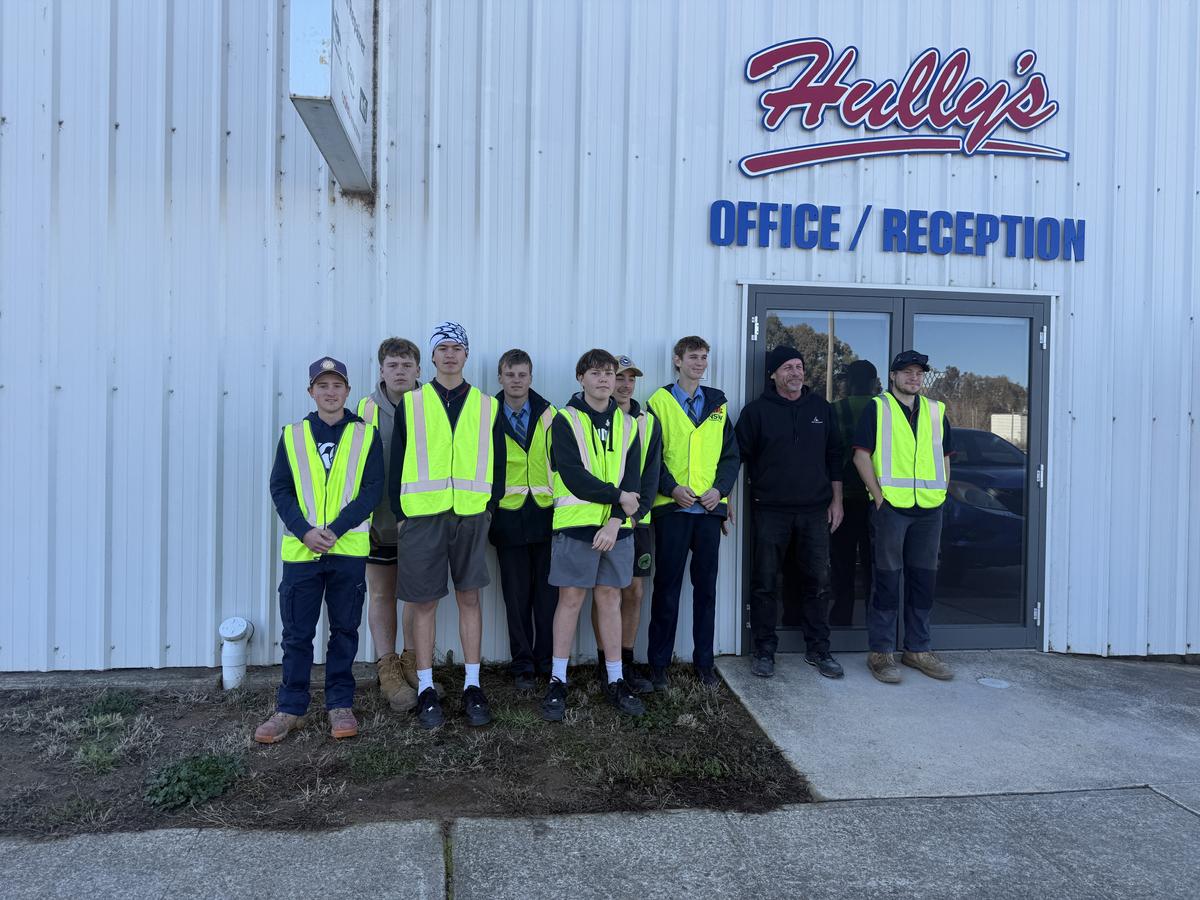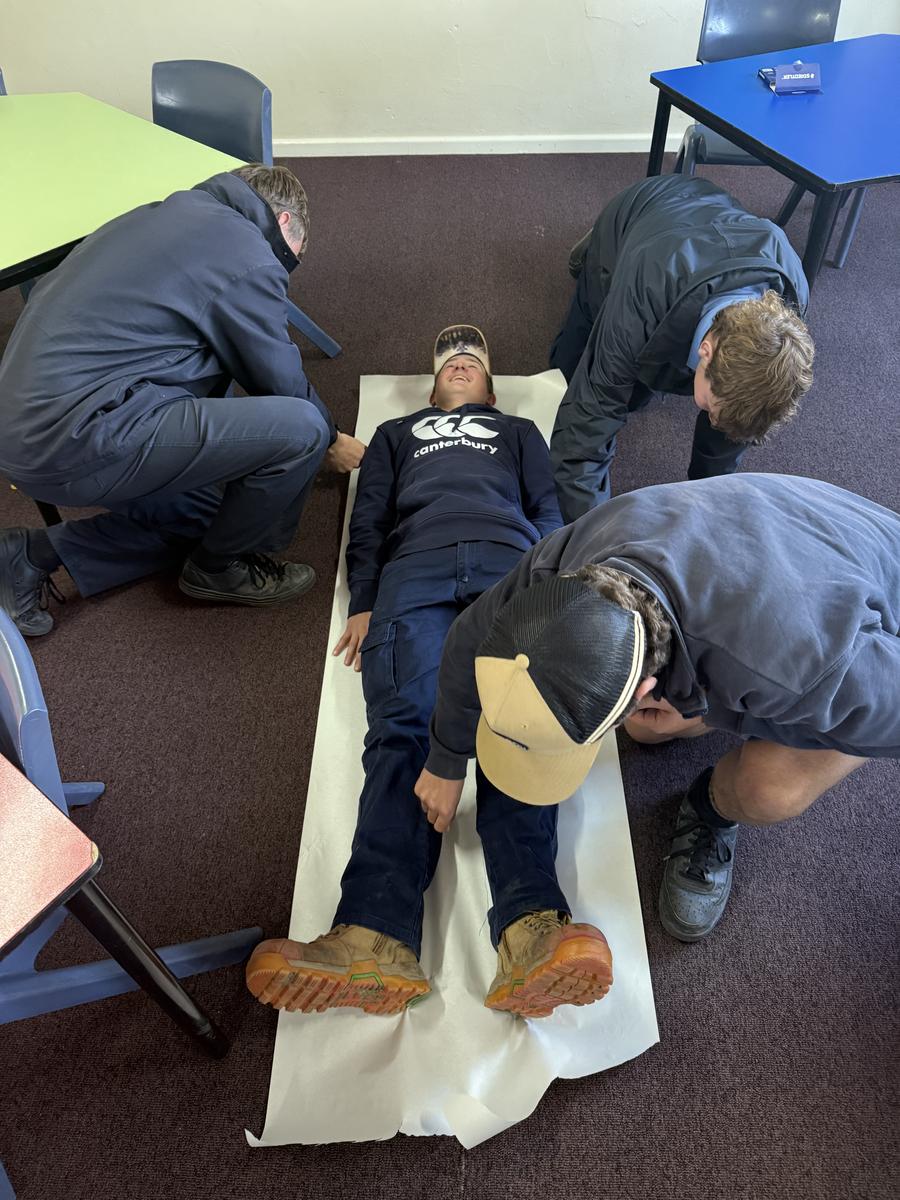Careers

What’s Coming Up in Careers at Boorowa Central
At the end of term 2, students who attended Made for a Trade in Term 1 finally got to attend the Industry Tour Day. They had a great time travelling around Young learning about the different employers associated with trades in Young. They visited: Apollo, Hobson Electrical, The Joinery Store, Graeme Hull Smash Repairs, and had a talk from Courtney from COMPACT about how to write a resume and prepare for an interview.
Career Spotlight:
Career Spotlight: Police Officer – More Than Just a Badge
Are you someone who wants to make a real difference in your community? Do you value fairness, teamwork, and quick thinking? A career in the police force offers a rewarding path with many diverse opportunities—not just on the frontline, but across specialised units as well.
What Do Police Officers Do?
Police officers are responsible for:
- Enforcing laws and maintaining public order
- Responding to emergencies and accidents
- Investigating crimes and gathering evidence
- Working closely with the community to prevent crime and support vulnerable people
- Assisting in major events and public safety operations
It’s a job that requires strong communication skills, resilience, decision-making, and a commitment to helping others.
How to Become a Police Officer in Australia
The process varies slightly between states and territories, but here’s a general overview:
- Finish Year 12 (a HSC or equivalent is required).
- Apply to your state or territory police force (e.g. NSW Police Force).
- Complete the Police Entrance Exam and other assessments (fitness, psychometric, background checks).
- If successful, attend the Police Academy for 6–9 months of training (e.g. Goulburn Police Academy for NSW).
- Begin as a Probationary Constable, then progress as you gain experience.
Some students also study a Diploma of Policing or complete a Bachelor of Policing or Criminal Justice at university before applying.
Pathways Within the Police Force
Becoming a general duties officer is just the beginning. There are many specialist areas you can explore, including:
- Highway Patrol – Enforce road laws and attend vehicle accidents
- Detective (Criminal Investigations) – Investigate serious crimes and lead case files
- Forensic Services Group – Collect and analyse crime scene evidence
- Dog Unit – Work with trained police dogs in search, rescue, and detection
- Mounted Police – Crowd control and ceremonial duties on horseback
- Water Police – Operate on rivers, harbours, and coastal areas
- Youth Liaison Officers – Work with young people and schools to prevent crime
- Cybercrime & Fraud Units – Investigate technology-based crime
- Counter Terrorism Command – National security and critical incident response
- Special Weapons and Operations (SWAT/TOU) – Respond to high-risk incidents
Other Career Options
Not all careers in law enforcement require you to be on the front line. You could also work in:
- Crime Scene Investigation
- Intelligence Analysis
- Community Engagement
- Training and Education
- Emergency Communications (000 operator)
Is Policing Right for You?
Policing is physically and mentally challenging, but it’s also one of the most rewarding careers for people who want to protect and serve their community. It offers job security, career progression, and the chance to be part of something bigger.

